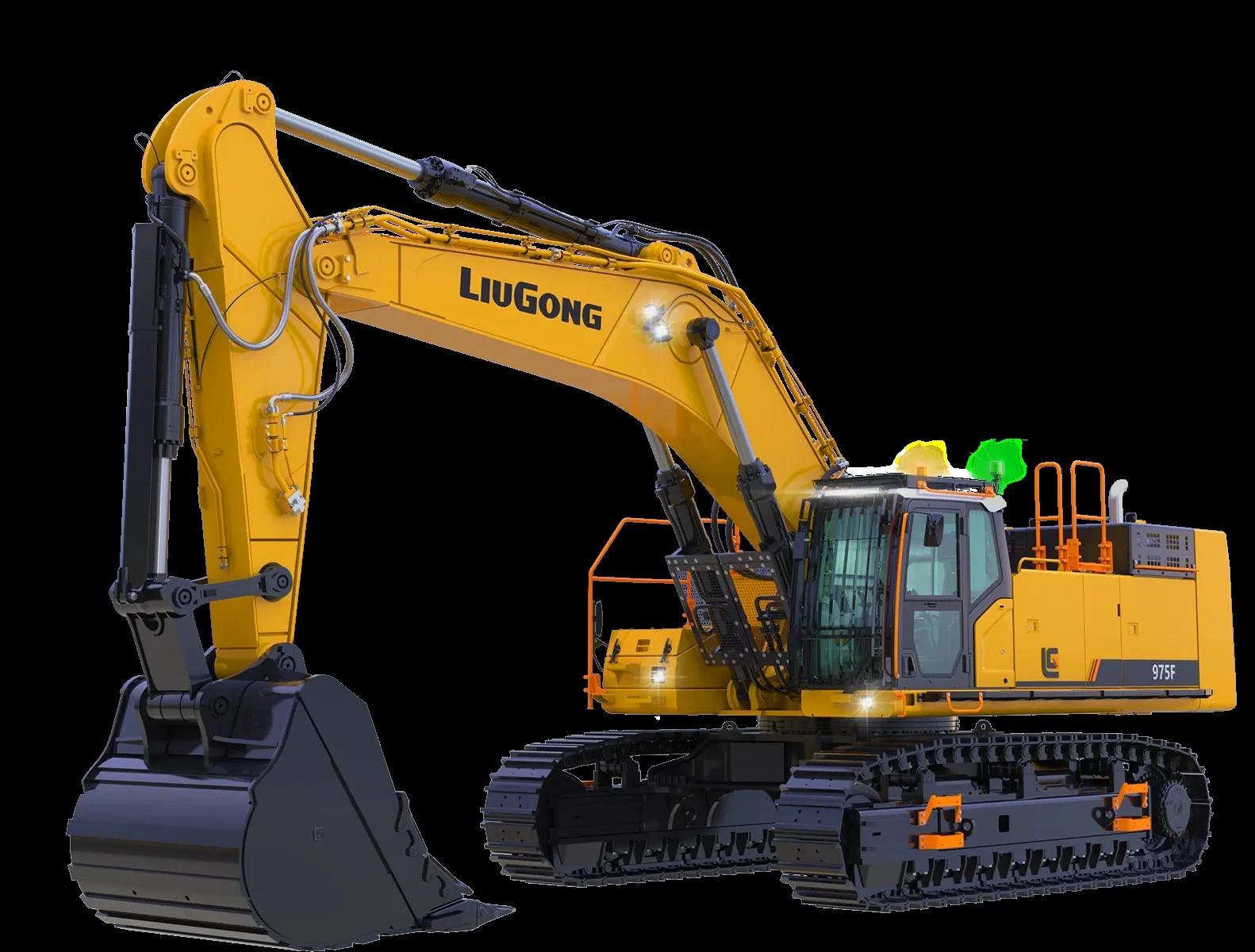
Systra has received a €52,000 grant to develop an artificial intelligence application for classifying the physical environment where road collisions occur.
The money, from the UK’s Transport Research and Innovation Grant programme, will help Systra investigate how it can use data from OS MasterMap, Earth Observation and CAD drawings to classify the physical environment.
The solution will allow the identification of where risks of serious and fatal collisions exist on the road network and what type, quantity and severity of incidents are associated with different physical environments. It will also help road designers understand what changes need to be made to reduce the risk of collisions.
This will be especially useful in with preliminary road design work before work actually starts on site, explained Malcolm Calvert, Systra’s digital director and whose team led on the bid. “AI technology forms a crucial part of analysis and implementing this type of technology maintains Systra at the cutting edge of safety work for highways and other transport infrastructure. This project forms part of our wider vision to develop a range of digital and AI solutions to the many challenges we face in the transportation sector.”
Systra is a planning and development consultancy for engineering design, project management and specialist technical services.









